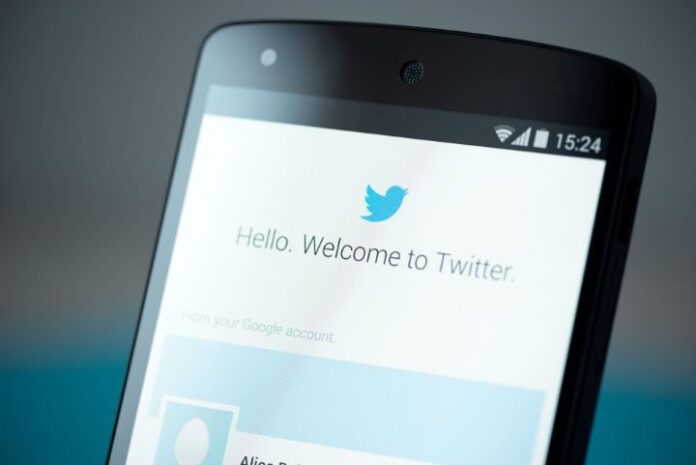Social media is changing how we live on a daily basis across multiple aspects of society.
At the Digital Diplomacy event I recently attended, a major point of discussion was the ease with which social media allowed non-governmental organizations and government agencies to communicate on a massive scale while simultaneously reaching out to people on an individual level.
This has increased the flexibility with which diplomats can present the message of their nation to foreign citizens and the ease with which civil society groups can raise funds while also presenting the message of their cause.
Yet as communication becomes easier, the ability of individuals to give a black eye to an entire organization, or well-meaning cause, with one careless tweet or Facebook post is a stark reality.
Washington, D.C., is well acquainted with such incidents. It seems hardly a week goes by that someone is fired due to a careless comment on Twitter, or perhaps more worrisome, a deliberately hazardous statement attempted under the anonymity of social media.
Such was the case of Jofi Joseph who was director of nuclear nonproliferation on the White House National Security Council staff.
This is a job that many would kill to have, yet Joseph threw it all away under the guise of @natsecwonk.
He tweeted a series of mean-spirited and caustic comments about his colleagues. This prompted a federal investigation followed by a very embarrassing resignation.
Joseph was neither the first nor the last person to lose his job over things said on social media. Nor is the loss of one’s position and reputation limited to the public sector.
In this day and age of instant global communication, anyone who says anything even remotely circumspect could find his or her life altered in a matter of hours.
This was the case for InterActive Corp Communications Director Justine Sacco, who, when boarding a plane to Africa attempted a crude and overtly racist joke on Twitter.
By the time she landed at her destination, she was informed that not only had she been dismissed from her position, but she also was now a pariah who would have difficulty working again.
What is startling about these two case studies is the people involved were not teenagers or otherwise short a few brain cells, but well-educated, intelligent professionals in the prime of their careers.
But they broke the cardinal rule of their profession: Do not do or say something stupid into a hot microphone. Of course they didn’t think they were talking into a microphone, they were just vocalizing their thoughts on a common messaging app used on a daily basis by millions upon millions of people.
The problem with social media is it’s essentially like speaking in a ballroom full of people without seeing or hearing anyone else. Our brains, although they may be capable of understanding intellectually any statement we make over social media, don’t really register the impact.
It’s not tangibly real until it is and you’re being escorted from the premises with your professional life and reputation in ruins.
Over the last 500 years, public and private figures have adapted to the evolution of new media. Going all the way back to the invention of the printing press, each generation of politicians, business leaders and private individuals have learned what this new form of media means and how to control and manipulate it.
In the Renaissance, that meant writing counter pamphlets; in the Gilded Age, that meant buying newspapermen; and in the radio age that meant controlled statements on as many stations as possible.
In the television age, it means makeup and controlled measured responses in front of the cameras. In the age of Twitter and Facebook, it means pretending you are in a room full of strangers at all times, and to never post, tweet, or snap anything you wouldn’t say into a microphone.
Many politicos and celebrities have solved this issue by hiring a full-time social media manager. It can be a young 20-something whose job it is to take care of all their social media outreach. Yet, I think their money would be far better spent on training their staff on proper social media etiquette much in the way they train people how to interact with old-school media.
I believe this is a course of training that should be expanded to all sectors – private and public. But many people will dismiss it because social media is a toy – it isn’t real news. And they’ll say that right up until they or someone they know does something stupid on it.
For my part, I solved my social media dilemma a long time ago. I unplugged. No Twitter and as little Facebook use as possible, and when making a comment or post – which is so rare one of the people I know refers to them as unicorns – I follow the advice my father gave me, which is applicable to every aspect of life, and I think more people on social media should heed: “Don’t be stupid.”

